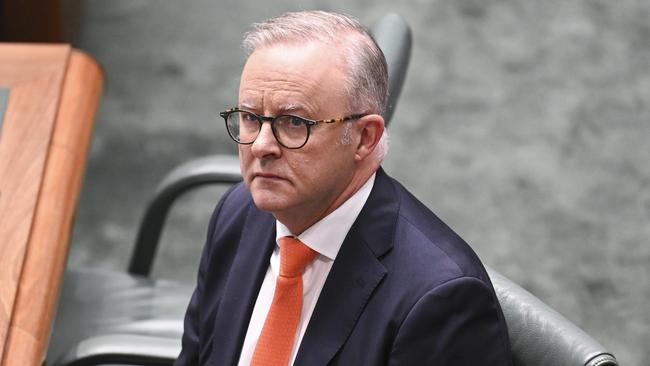
While a proposed parliamentary schedule is just that, and a government can change its mind on budget timing and election day, the political imperatives of a formal announcement basically lock in a May election with May 17 the most logical date.
Despite Coalition-inspired speculation about an early election this year and some deliberate gaslighting from Albanese’s team, there was no way Labor was going to go early.
The simple arithmetic of a March 25 budget is that the parliament must sit that week and the next scheduled week beginning April 7 through to April 11.
The election would be called the weekend of April 12-13 and, allowing for a minimum campaign of 33 days, the election date would be Saturday May 17.
This means the campaign will include the Easter and Anzac Day holidays.
The government can call an election before the scheduled budget on March 25 or on Saturday May 24.
The later date is unlikely for simple practical reasons for the Electoral Commission because the election results have to be finalised before June 30 to allow the declaration of new senators on July 1.
While a March election is possible under the electoral laws – announced in February – the political imperative is that having announced a budget for March 25 to either suddenly bring it forward or forego it completely would be political panic, able to be ascribed to surrender on economic management going into a new term.
Political and economic credibility would be shot – a simple parliamentary calendar for 2025 has set out the effective election timetable once and for all.




After all the speculation about an early election in 2024, Anthony Albanese’s new parliamentary schedule has effectively ended the shadow play and ensured an election on May 17 – the full-term poll the Prime Minister has always promised.